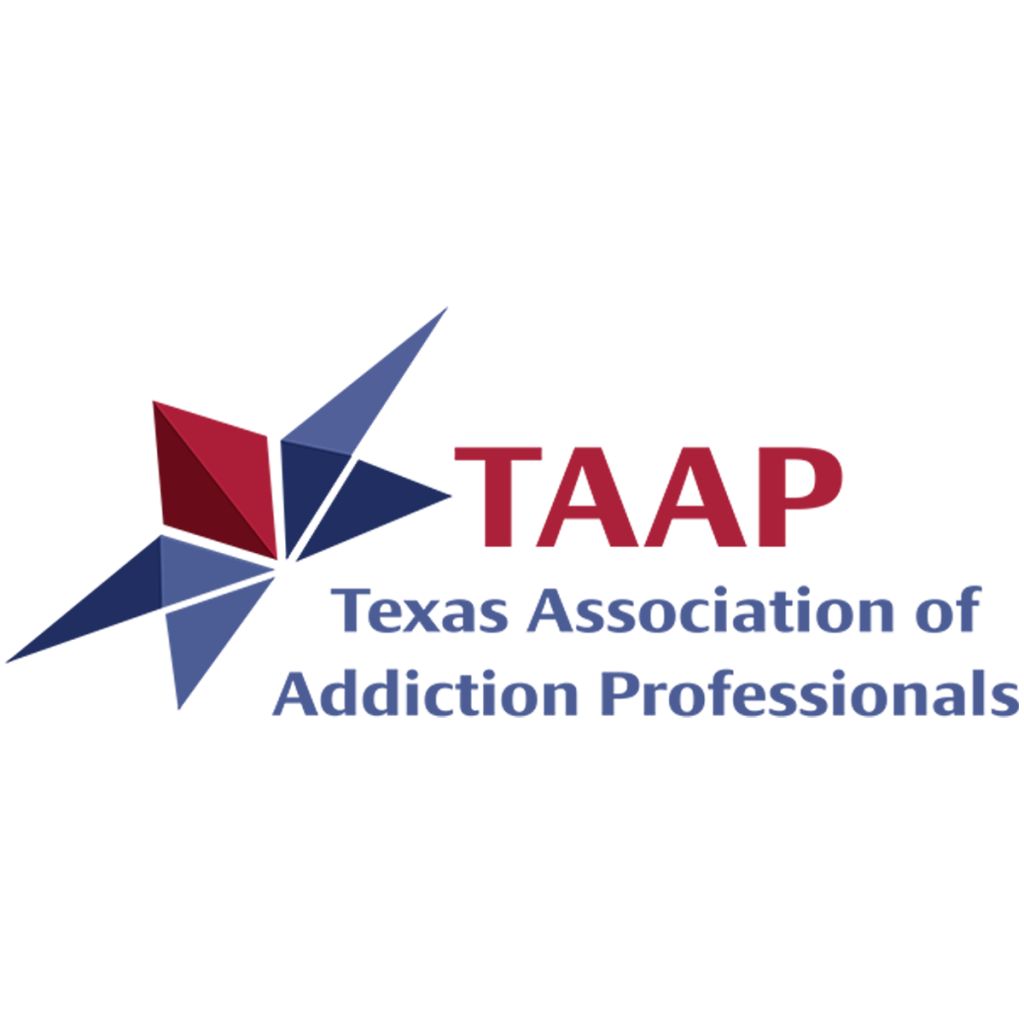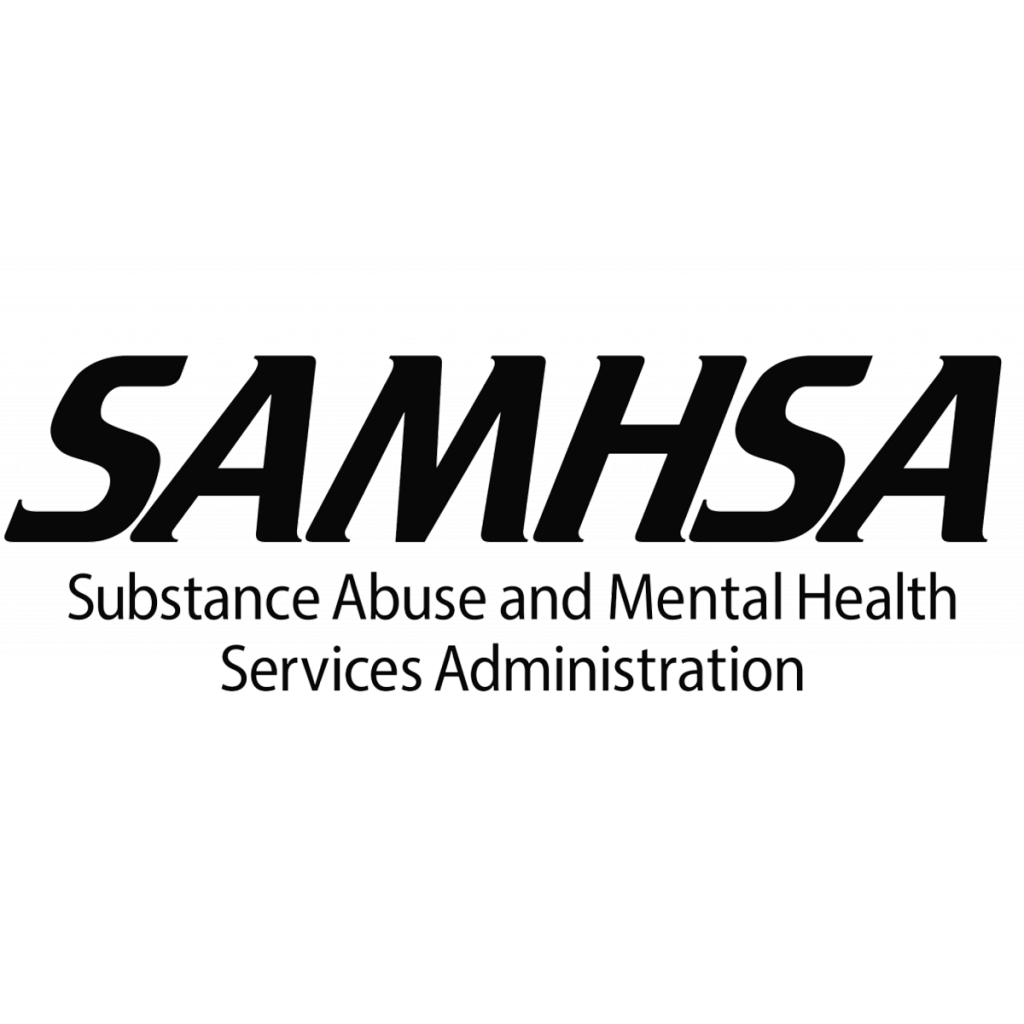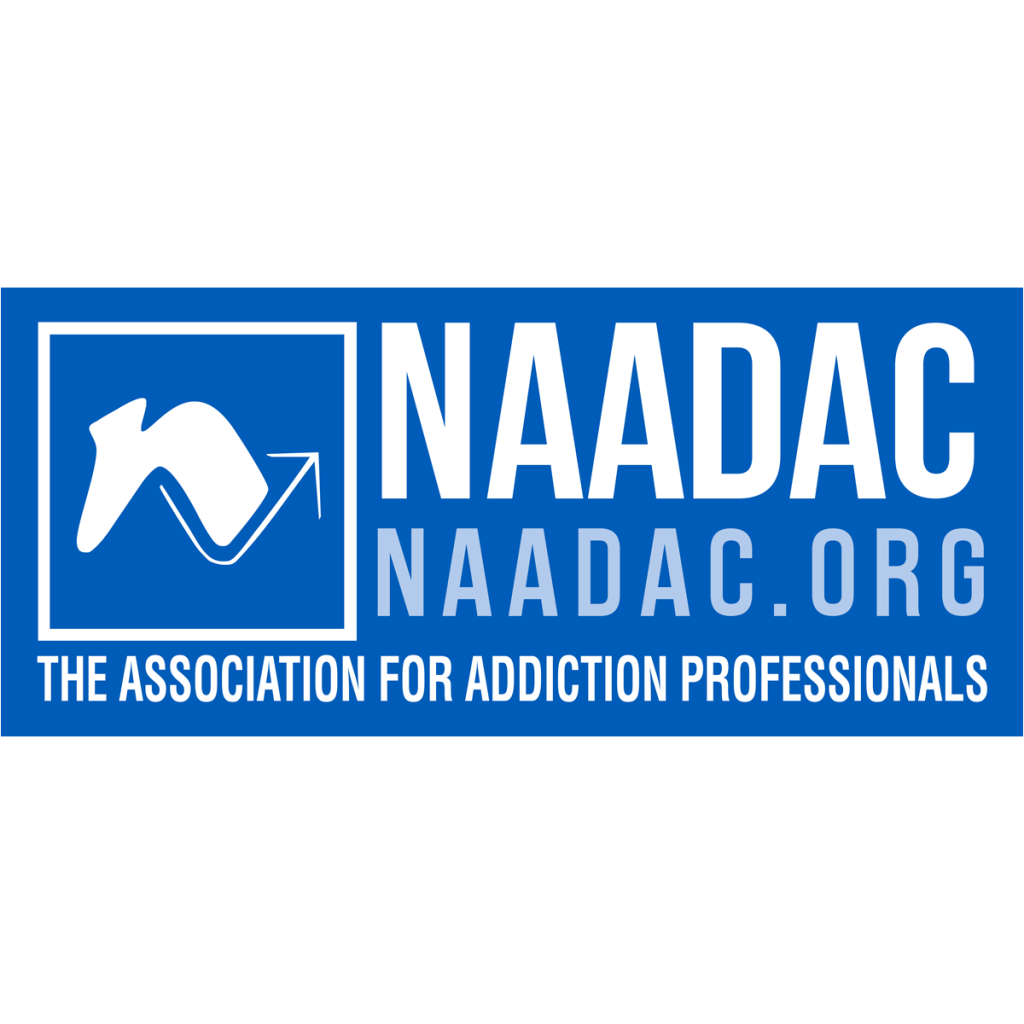
Identifying High-Risk Situations
Calling Attention to Situations that May Cause an Individual to Relapse
Get Help Today.
Identifying High-Risk Situations: A Threat to Sobriety
Over time, Identifying High-Risk Situations—such as certain people, places, activities, or sounds—can trigger strong cravings to use drugs or alcohol. When someone repeatedly uses substances to escape these situations, that behavior becomes reinforced. As a result, they’re more likely to use again when faced with similar triggers.
In recovery, we refer to these triggers as high-risk situations. A key goal of cognitive behavioral therapy is Identifying High-Risk Situations and helping individuals change how they respond to them. This reduces the risk of relapse over time.
What qualifies as a high-risk situation varies by person. It depends on individual thoughts, beliefs, and behaviors. That’s why the therapist and client must work together to identify specific threats to sobriety. Tools like self-monitoring support this process.
The main goal is to help each person build healthy coping skills to handle high-risk situations without turning to drugs or alcohol.
Examples of High-Risk Situations
A high-risk situation can be emotional, situational, or interpersonal. How a person responds often depends on their coping skills. Most high-risk situations fall into one of these categories:
Negative emotional states – Feelings like stress, anger, anxiety, boredom, or sadness are common in recovery. These emotions often stem from how someone views a situation. Without proper coping, they can lead to relapse.
Positive emotional states – Positive feelings can also trigger relapse. Celebrating a milestone, visiting a place tied to past drinking, or feeling confident after success may cause someone to let their guard down and justify using “just this once.”
Interpersonal conflict – Arguments with a spouse, ongoing relationship issues, or financial stress can lead to emotional distress and increase the risk of relapse.
Social pressure – Parties, seeing others use substances, or being offered drugs can test a person’s self-control and threaten their sobriety.
The Role of Self-Efficacy in Recovery
Self-efficacy refers to an individual’s confidence in his or her ability to control their motivation, behavior, and social environment. As a person progresses through drug and alcohol rehab, they will gain many valuable skills and tools that can be used to maintain their sobriety on a long-term basis. This process of personal growth will increase the belief that they have the ability to respond to high-risk situations appropriately and protect their sobriety.





